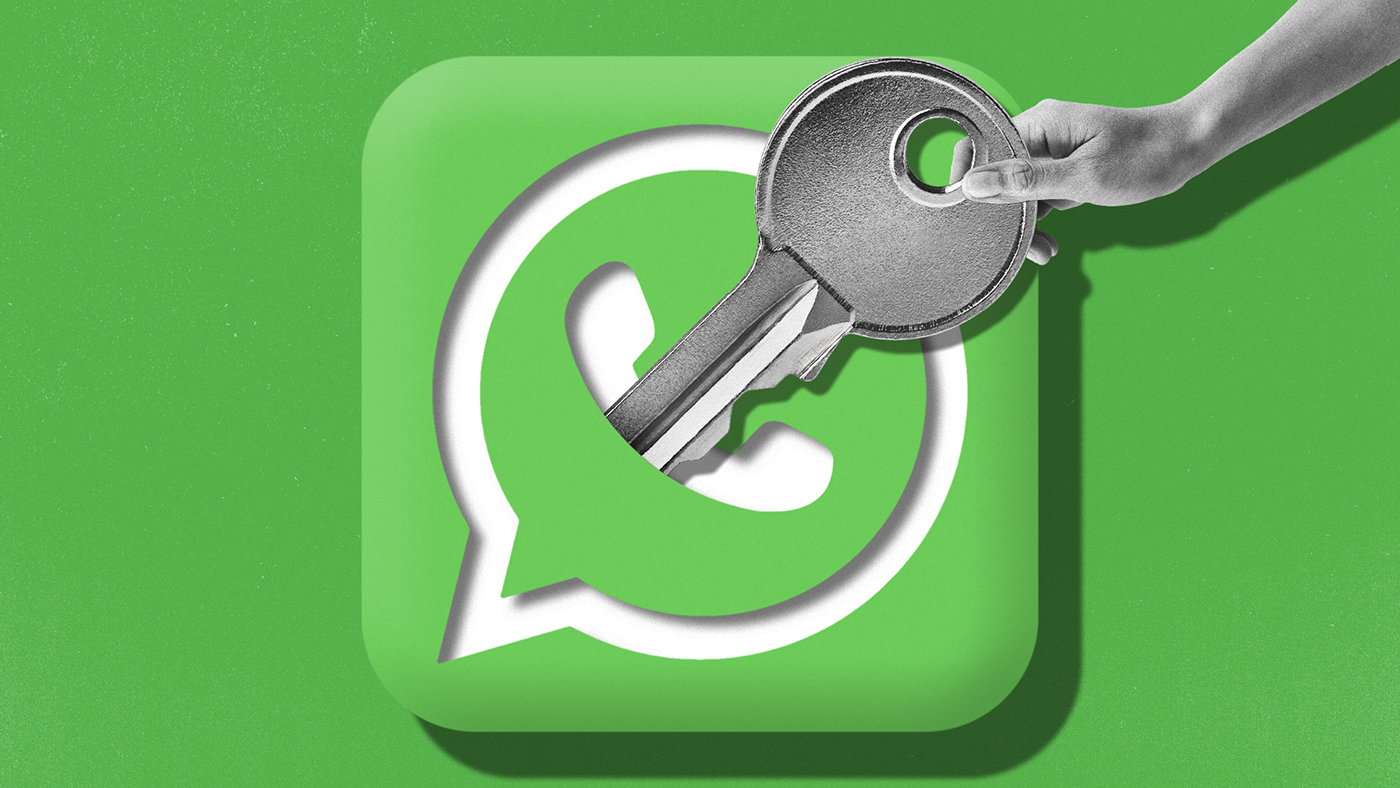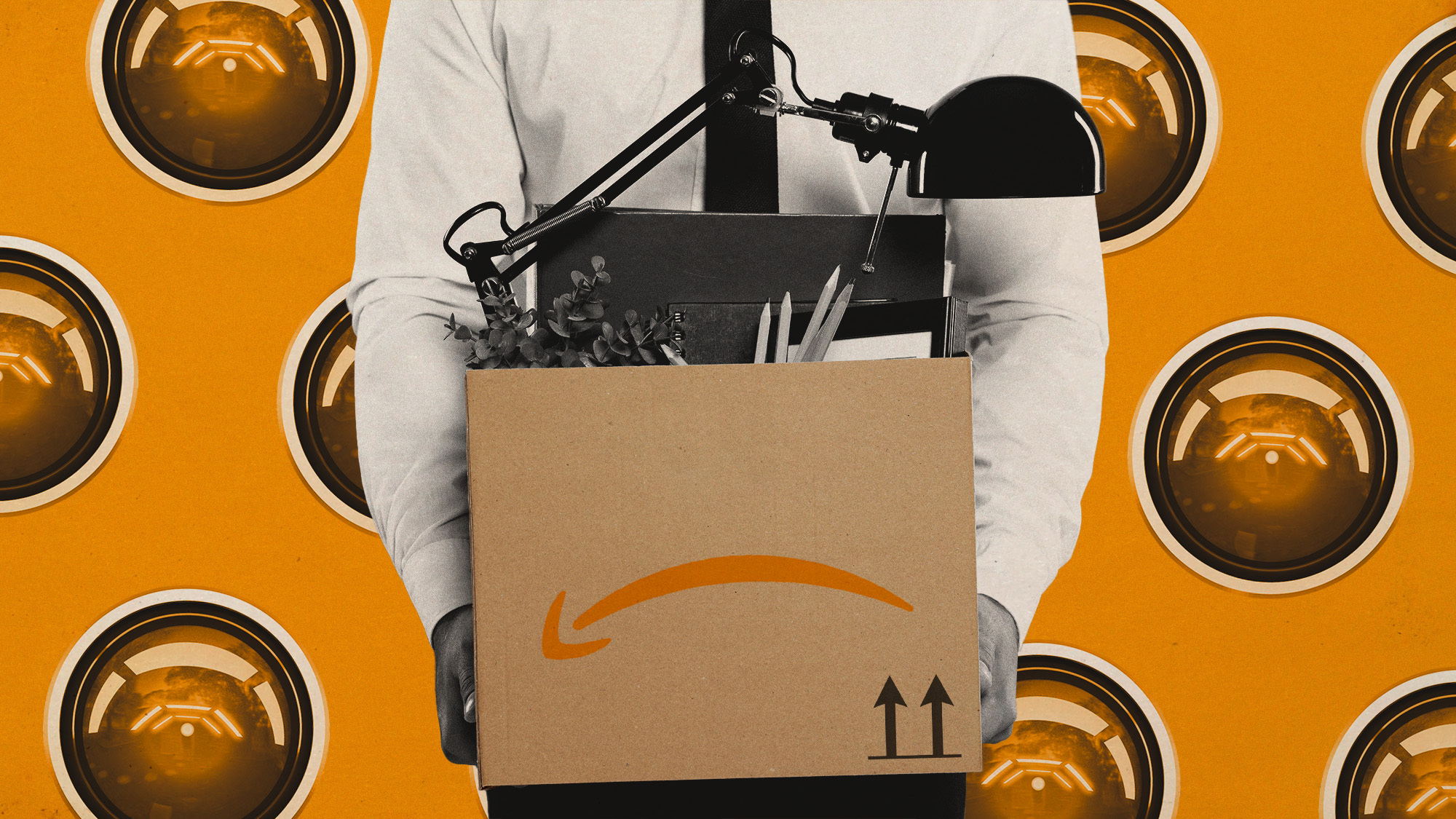Online Safety Bill: what will happen to WhatsApp under the proposed law?
Encrypted messaging services call for ‘urgent rethink’ amid talk they could pull out of UK entirely

A free daily email with the biggest news stories of the day – and the best features from TheWeek.com
You are now subscribed
Your newsletter sign-up was successful
WhatsApp and other encrypted messaging services have called for the UK government to “urgently rethink” its controversial Online Safety Bill, hinting that they would rather be blocked from operating in Britain than weaken their privacy settings.
In a bid to crack down on harmful content online, including child abuse images and hate speech, ministers want the media regulator, Ofcom, to be able to ask platforms to monitor users. This would include “mandatory oversight into all elements of user interactions”, said Social Media Today, something critics claim would “open the door to trying to force technology companies to break end-to-end encryption on private messaging services”.
In what the publication called a “last ditch effort” to get the government to amend its bill, WhatsApp (owned by Facebook parent company Meta), Signal, Element, Threema, Session, Viber and Wire have signed an open letter claiming the proposed legislation “poses an unprecedented threat to the privacy, safety and security of every UK citizen and the people with whom they communicate around the world, while emboldening hostile governments who may seek to draft copy-cat laws”.
The Week
Escape your echo chamber. Get the facts behind the news, plus analysis from multiple perspectives.

Sign up for The Week's Free Newsletters
From our morning news briefing to a weekly Good News Newsletter, get the best of The Week delivered directly to your inbox.
From our morning news briefing to a weekly Good News Newsletter, get the best of The Week delivered directly to your inbox.
What did the papers say?
It ultimately comes down to whether it is possible to have both privacy and child safety online, a “debate that has seen consecutive Conservative Party governments ping-pong between more onerous restrictions”, sad Politico.
The National Society for the Prevention of Cruelty to Children (NSPCC) has called direct messaging “the front line” of child sexual abuse, said the BBC, but critics warn that any attempt to undermine end-to-end encryption could have dangerous consequences for free speech and privacy both at home and abroad.
Speaking to journalists in London last month, the head of WhatsApp at Meta, Will Cathcart, “did everything but compare the UK’s proposed new internet law to the erosion of online privacy in countries like Iran, India, and Brazil”, Wired reported.
Seeking to “whip up a row with the government about end-to-end encryption”, Cathcart claimed that “out of all the regulations he has seen in the Western world” governing online privacy and free speech, “the UK’s Online Safety Bill is the one he’s most alarmed about”.
A free daily email with the biggest news stories of the day – and the best features from TheWeek.com
But, despite what Cathcart and others say, “the bill isn’t really about encryption”, said Wired. “It’s a sprawling, Frankenstein’s monster of a bill that has endured a period of extreme turbulence in British politics, outlasting four prime ministers and five digital ministers – with each change of government adding in new amendments and concessions.”
The government has been quick to stress that the bill “in no way represents a ban on end-to-end encryption, nor will it require services to weaken encryption”. However, WhatsApp has previously made it clear it will not comply with any requests to weaken its security, putting it on a “collision course with the government”, the Independent reported.
What next?
The amended bill is expected to head back to Parliament in the summer and become law by September, but Cathcart has already suggested WhatsApp would rather be blocked in the UK than weaken the privacy of encrypted messaging, a threat repeated by Signal’s president Meredith Whittaker in an interview with the BBC. “Other companies have also told BBC News of their unwillingness to comply,” the broadcaster reported.
Meta has already vowed to expand end-to-end encrypted messaging to its other platforms, including Facebook and Instagram, while Twitter is moving towards full encryption for direct messages, meaning “all of these tools could be under threat, which could have a big impact on how they operate in the region”, said Social Media Today.
“Nobody really knows for sure” if a ban would or could actually happen, said the Independent. “At the moment it is more a warning or a danger than it is a concrete scenario. But that doesn’t mean that companies and the government are not necessarily practically planning for it, at least behind the scenes.”
Talk of Meta pulling out of the UK entirely “still seems like an extreme measure”, said Social Media Today, “but at the least, WhatsApp could be forced out of the market, before Meta considers its other messaging tools”.
Ideally, said the news site, “a compromise can be met, but WhatsApp seems serious about its stance, which could lead to a definitive stand-off ahead of the Bill being enacted”.
-
 ‘Poor time management isn’t just an inconvenience’
‘Poor time management isn’t just an inconvenience’Instant Opinion Opinion, comment and editorials of the day
-
 Bad Bunny’s Super Bowl: A win for unity
Bad Bunny’s Super Bowl: A win for unityFeature The global superstar's halftime show was a celebration for everyone to enjoy
-
 Book reviews: ‘Bonfire of the Murdochs’ and ‘The Typewriter and the Guillotine’
Book reviews: ‘Bonfire of the Murdochs’ and ‘The Typewriter and the Guillotine’Feature New insights into the Murdoch family’s turmoil and a renowned journalist’s time in pre-World War II Paris
-
 Are Big Tech firms the new tobacco companies?
Are Big Tech firms the new tobacco companies?Today’s Big Question A trial will determine whether Meta and YouTube designed addictive products
-
 Is social media over?
Is social media over?Today’s Big Question We may look back on 2025 as the moment social media jumped the shark
-
 Is Apple’s Tim Cook about to retire?
Is Apple’s Tim Cook about to retire?Today's Big Question A departure could come early next year
-
 Is AI to blame for recent job cuts?
Is AI to blame for recent job cuts?Today’s Big Question Numerous companies have called out AI for being the reason for the culling
-
 How will Ford reinvent EV manufacturing to compete with China?
How will Ford reinvent EV manufacturing to compete with China?Today's Big Question Henry Ford's assembly line system is being replaced
-
 What's Linda Yaccarino's legacy? And what's next for X?
What's Linda Yaccarino's legacy? And what's next for X?Today's Big Question An 'uncertain future' in the age of TikTok
-
 Social media: How 'content' replaced friendship
Social media: How 'content' replaced friendshipFeature Facebook has shifted from connecting with friends to competing with entertainment companies
-
 Meta on trial: What will become of Mark Zuckerberg's social media empire?
Meta on trial: What will become of Mark Zuckerberg's social media empire?Today's Big Question Despite the CEO's attempt to ingratiate himself with Trump, Meta is on trial, accused by the U.S. government of breaking antitrust law